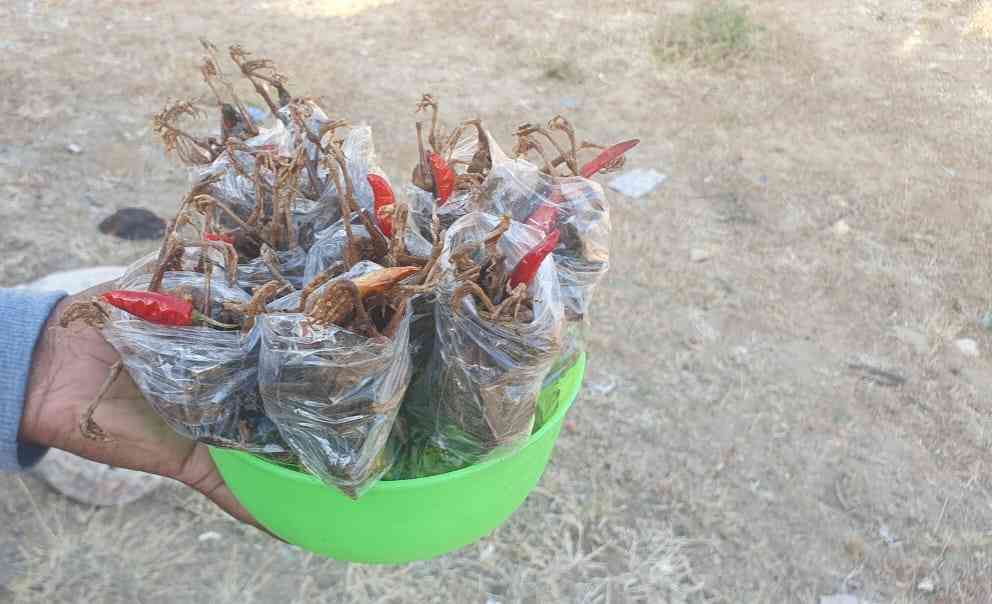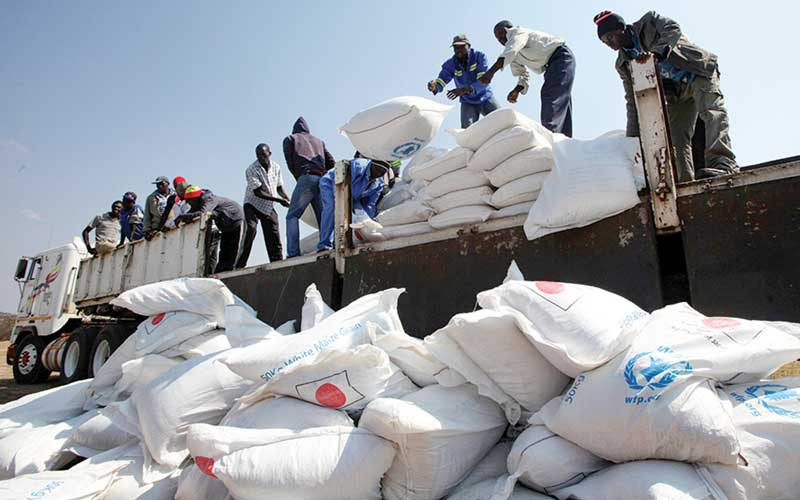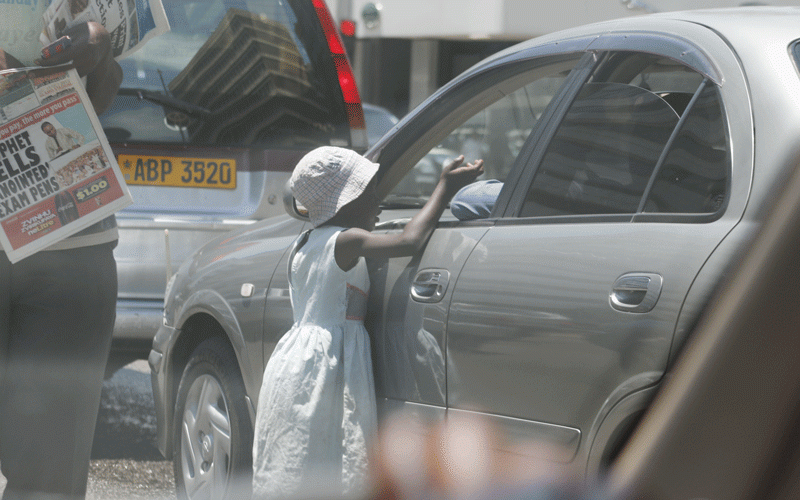
At exactly 4am, Tawona Mpandare walks slowly and carefully on a river bank in Chimanimani, Nemaramba village under Chief Mutambara about 412km from Harare.
He claps his hands twice to chase away a flock of birds in the direction where Shadreck Mhembere, his colleague, was quietly standing holding one side of the net ready to catch.
“Vhara net ‘Clock Member’ shiri dzapinda” (close the net the birds are inside),” Mpandare said.
Mhembere responded by pulling one side of the net, trapping the birds inside.

“Clock Member” is a name given to a person who holds a commercial bird net while “Mugovha” is a name given to a person who chases birds directing into the net.
For Mutambara and Mhembere, commercial bird catching is their source of livelihood in the village.
“I am taking care of my family with the money I get after selling the birds,” Mhembere told The Standard.
Mhembere said he started commercial bird hunting in 2019.
“We are surviving with the money that I get from selling birds,” he narrated.
“I have done some things, which might be difficult for someone who is formally employed to do, especially nowadays that things are not well in the country.
“I got my driver’s licence and saved money for lobola.”
Mpandare said they were selling 30 undressed birds for US$1.
This publication established that fried birds (known as ngozha in local lingo) are sold for US$1 for five.

“It depends on how many birds we catch though we do not have time to count after catching because we usually do it in the dark,” Mpandare said.
“We can make plus or minus US$50 a day and we share the proceeds.
“The good thing is that birds are on demand so we sell all what we would have managed to catch.”
Commercial bird netting is popular during the farming season in rural areas.
It is, however, a criminal offence, Zimbabwe Parks and Wildlife Authority (ZimParks) spokesperson Tinashe Farawo said.
“It is illegal and it’s not allowed,” Farawo said.
“Anyone who wants to keep any wild animal must get a permit from ZimParks; without that, the person will be committing a crime and they will be arrested.
“We are moving around educating communities to appreciate that they should get permits or licences for doing such activities."
ZimParks is mandated with the responsibility of conserving Zimbabwe's wildlife heritage through protection and sustainable utilisation of natural resources for the benefit of present and future generations.
“We are moving around educating communities to appreciate that they should get permits or licenses for doing such activities,” Farawo said.
Police spokesperson Paul Nyathi said arrests have been made before but he did not have ready statistics.
Nyathi said police also conduct awareness campaigns to reduce wildlife poaching, especially in rural areas.
The headman for Chimanimani district, Cleopas Chibuwe, told The Standard that boys in the area were surviving on selling birds.
“It is a business for many in rural areas though it is a crime,” Chibuwe said.
“We would be talking about drug abuse, stocktheft and housebreaking if these guys had nothing to do at all.
“Sometimes their nets are taken by the police when they are found wanting, without licences.”
According to a recent study published by BirdLife International, it is estimated that around 25 million birds are killed every year during their regular crossing of the Mediterranean Sea.
These are primarily songbirds that breed in continental Europe and migrate towards their wintering grounds south of the Sahara, but also birds of prey and some waterbirds.
Kuimba Shiri Bird Park director Garry Stafford said authorities must enforce the law against commercial bird hunting.

“But the problem is that most people are not aware of the laws and they also do not care,” Stafford said.
“A lot of people have tried to sell us birds stolen from the wild and we have reported them to parks.
“In a number of cases the parks have reacted and arrested those people.”










